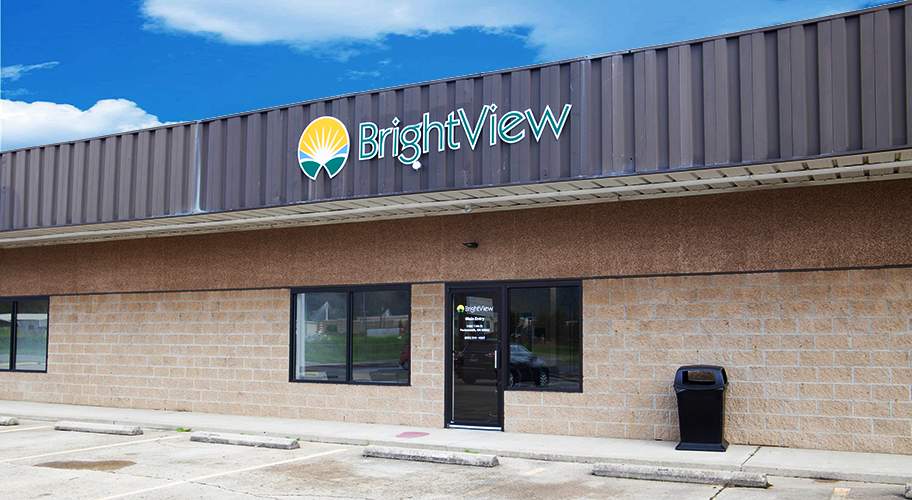Addiction afflicts the nervous system, primarily the brain, as a chronic dysfunction that includes memory, motivation, and reward. It’s how a human body craves a particular behavior or substance in such a way that results in obsessions or compulsive behavior in pursuit of the assumed rewards, and little to no thought is given to repercussions or consequences. Spending time in rehab increases the chances of someone getting better, but aftercare following rehab is just as important.
The True Test?
Getting addiction treatment is a crucial first step for anyone looking to free themselves of their affliction. Rehab is the chance to learn coping methods and skills to avoid a relapse. However, the real test of recovery is after rehab.
Aftercare is the act of continuing treatment after drug rehab. Declining drugs or alcohol is easier during rehab when surrounded by a support system oriented toward this. Doing so after you go back into daily life is another challenge entirely.
This is the big reason why aftercare is so crucial following rehab. Rather than exiting the supportive atmosphere in treatment, aftercare offers a lower level of care instead of thrusting someone straight into the world alone. Aftercare can be an effective transition between an intensive program and daily life.
Treatment facilities with ongoing support after the initial rehab programs usually have much lower relapse rates compared to those that don’t. Having said that, treatment, with or without aftercare, is never a full cure. Addiction isn’t usually curable, as it’s a chronic disorder of the brain that necessitates continuing management and care.
Creating an Aftercare Plan
If you go through addiction treatment, you must create an aftercare plan. However, you shouldn’t be alone in this. If you attend an effective Ohio drug rehab center, you should be prepared to create an aftercare plan with your rehab care team. You should ask about this when looking for a rehab center. To increase your odds of successful treatment during and after rehab, look for a center that emphasizes certain values, including wellness, excellence, commitment, respect, accountability, and empowerment.
Creating your aftercare plan should happen close to the end of your time in treatment. At this point, you’ll meet with case managers, counselors, and therapists who will help you lay your plan out. You might even meet with an outside addiction professional or therapist to formulate your plan.
Your plan needs to take your personal circumstances into account. You’ll have to factor in employment, housing, and ongoing treatment. How far you are along in recovery and how long you might need care are also important considerations.
Once you know your needs, you’ll need to find community and online resources to help you address any areas of concern. Hopefully, your rehab facility will meet some or even all of these needs through its own aftercare initiatives. Aftercare can run from weeks or months to a year or more. Generally speaking, longer runs work better, but always be flexible as your needs might change.
Reasons Behind Aftercare
Addiction can be a chronic problem, so ongoing care sets you up for long-term success in many cases. Your ailment never takes a day off, so you can’t either. It all starts with accountability for someone in their earliest recovery stages. Guidance is just as crucial as you navigate your new reality.
Community is essential after rehab because you’re no longer constantly surrounded by support professionals or others fighting the same battle. Creating your own support network is crucial for help outside of any group therapy or 12-step meetings you might attend. Everyone around you should help you stay honest, willing, and open-minded. No one can fight your battle for you, but they can join you on your journey and keep you company.
Anyone battling addiction has a long road ahead of them, and a rehab facility is only the start of the journey. It’s crucial to have a reliable social support system while going through recovery. A recovering addict needs to include family, friends, and those close to them that they can trust and rely on to help them stay on track and avoid potential triggers.
